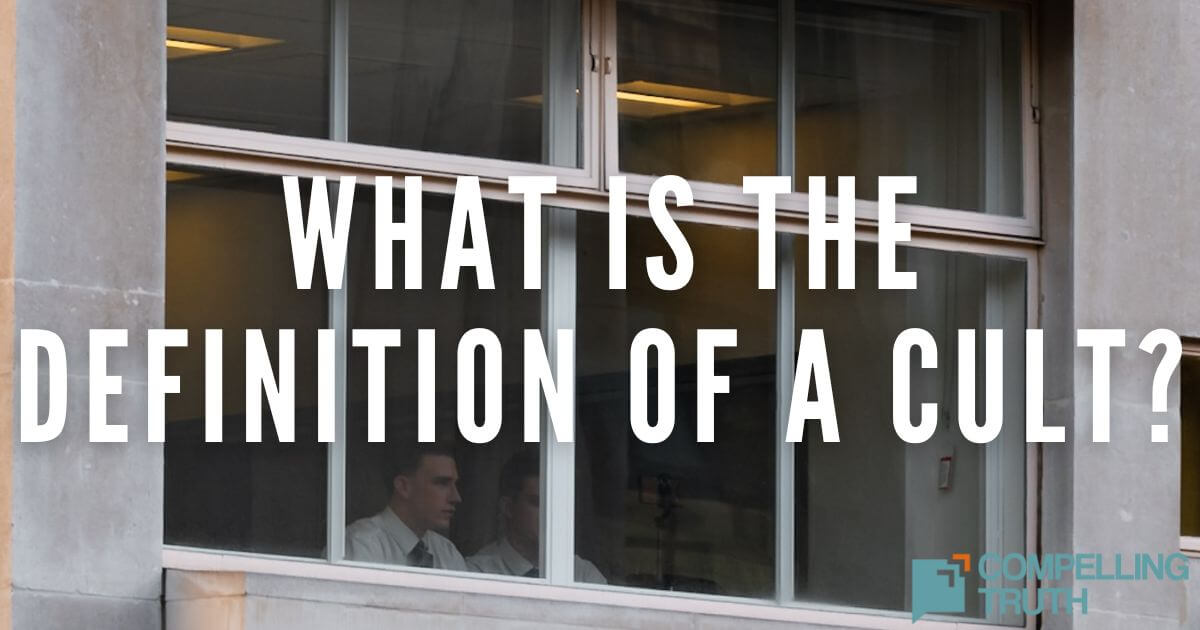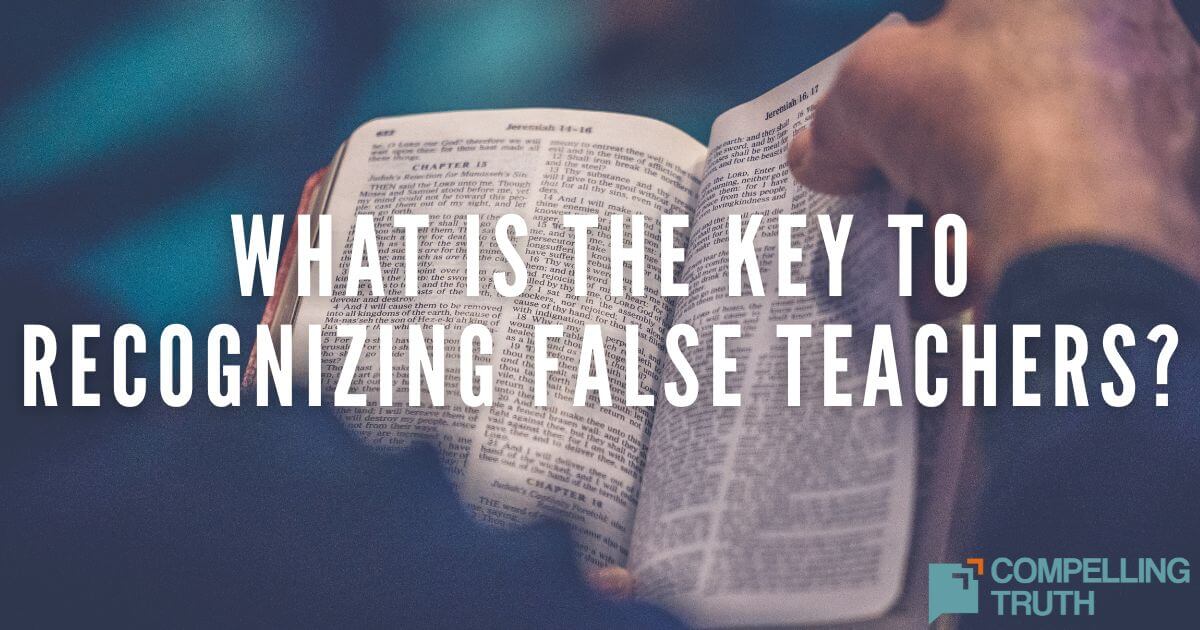what does the bible say?
The Bible presents a radically different picture from the teachings of Jehovah’s Witnesses on foundational issues, such as Jesus’s identity, salvation, and the afterlife. Scripture affirms that Jesus is fully God and eternal (John 1:1–3; Colossians 1:16–17), while Jehovah’s Witnesses teach that He is a created being. Salvation, according to the Bible, is by grace through faith alone (Ephesians 2:8–9); whereas, Jehovah’s Witnesses require a combination of faith and works, dictated by their organization. Additionally, the Bible describes two eternal destinations—heaven and hell (Luke 16:22–23; Revelation 20:11–15)—in contrast to the Jehovah’s Witness teaching of annihilation for unbelievers and a tiered afterlife for the faithful. The New World Translation, the Jehovah’s Witnesses’ Bible, has been altered to reflect their theological biases, deviating from the original languages and traditional biblical translations. This makes Jehovah’s Witnesses’ beliefs not only extra-biblical, but also contrary to the Word of God.




